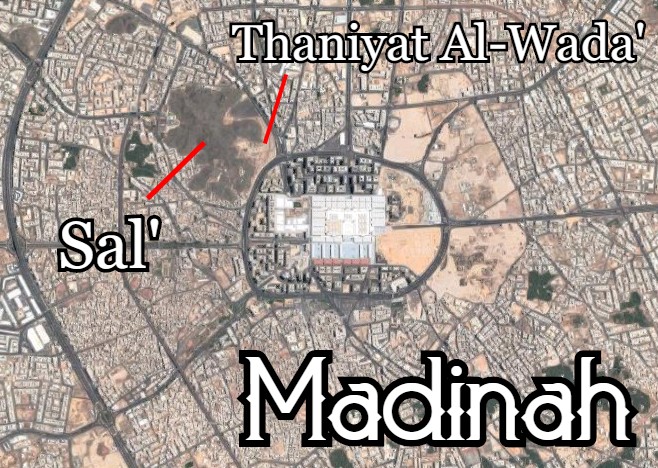
I came across an interesting interpretation by Ibn Abbas today which pushed me to ponder about the Prophet's ﷺ relationship with the Jews of his time.
Ibn Abbas says that the verse below is about the Jews hiding the punishment of stoning adulterers. (al-Mustadrak #8069)
Ibn Abbas says that the verse below is about the Jews hiding the punishment of stoning adulterers. (al-Mustadrak #8069)

At the time, the Jews of Arabia only lashed adulterers.
Ibn Omar narrates that when the Jews were asked about the punishment for adultery, they mentioned lashings.
al-Bukhari #6819
An additional punishment is mentioned in this report and in others.
Ibn Omar narrates that when the Jews were asked about the punishment for adultery, they mentioned lashings.
al-Bukhari #6819
An additional punishment is mentioned in this report and in others.
This report mentions that they have their faces blackened with charcoal. Another report mentions that the couple were placed on a donkey and were sent around town in shame.
Either way, this punishment wasn't in any way as severe as stoning, so the Jews were satisfied with it.
Either way, this punishment wasn't in any way as severe as stoning, so the Jews were satisfied with it.
The narration in al-Bukhari concludes with Abdullah bin Salam making the Jews open up the Torah.
Upon bringing it, a Jew placed his hand on the section that spoke about stoning. Abdullah bin Salam made him remove his hand to uncover the law.
The adulterers were then stoned.
Upon bringing it, a Jew placed his hand on the section that spoke about stoning. Abdullah bin Salam made him remove his hand to uncover the law.
The adulterers were then stoned.
There is a lot here that I find intriguing, but at the moment I'd like to focus on one aspect.
Notice how the Prophet ﷺ couldn't care less about appeasing the Jews. He held them to the law that was revealed upon them and gave little consideration to their desires.
Notice how the Prophet ﷺ couldn't care less about appeasing the Jews. He held them to the law that was revealed upon them and gave little consideration to their desires.
Today, accusations are made against him that his message, as a whole, was created to appeal to Jews and Christians. After all, he did accepted their God, believed in their prophets, and claimed to be a continuation of the messengers.
However, would a false prophet act like this?
However, would a false prophet act like this?
A false prophet would've told them that this was an old law or that it was abrogated, in order to appease the Jews.
Instead, he alienated them completely and stoned a couple, in order to revive a law found in the Torah.
Once again, the verse:
Instead, he alienated them completely and stoned a couple, in order to revive a law found in the Torah.
Once again, the verse:

• • •
Missing some Tweet in this thread? You can try to
force a refresh








